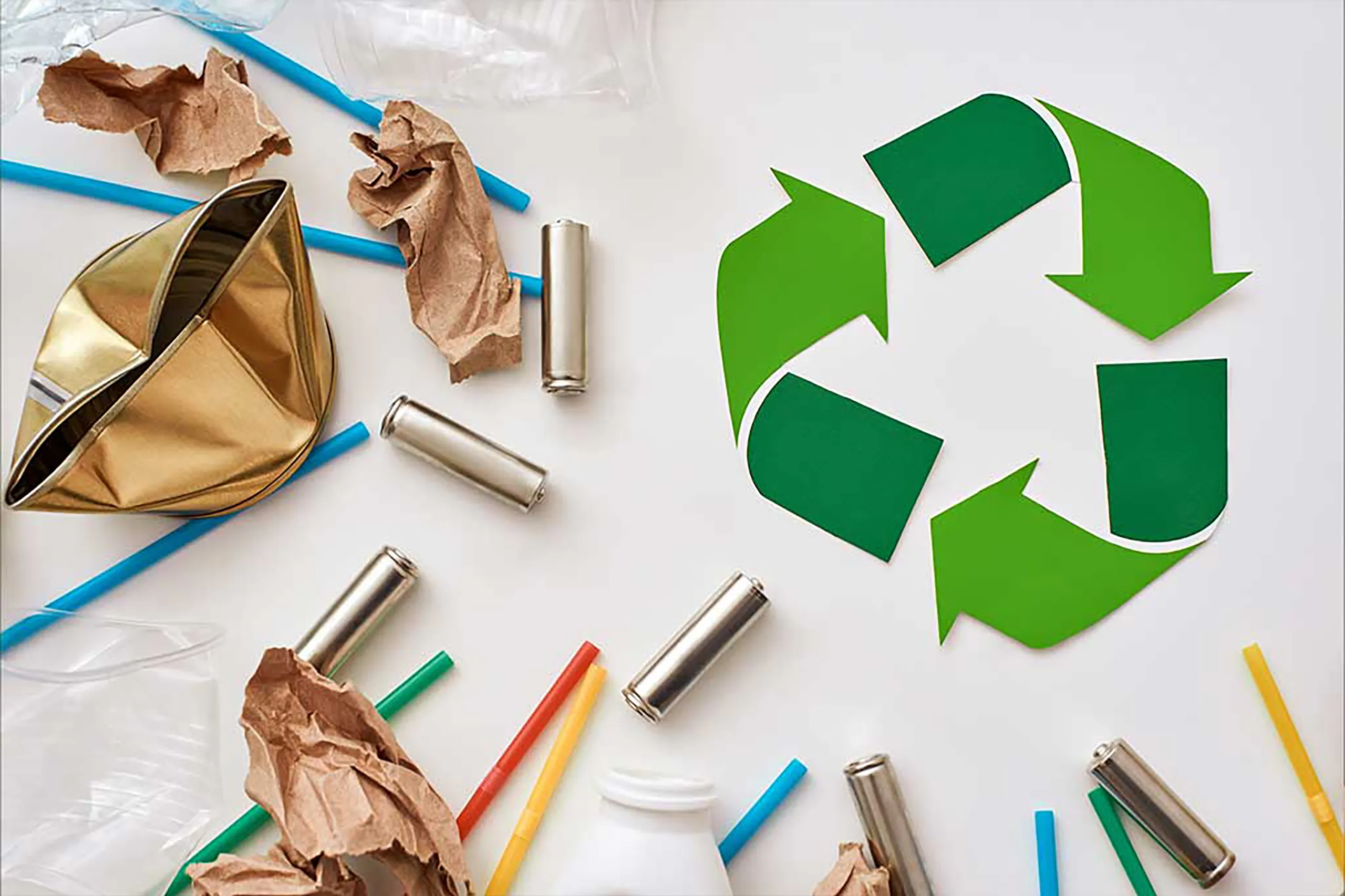When your business is environmentally conscious, you think more about what you can recycle. You become conscious about the waste you create and what you throw away. You recognise how important it is to reduce your carbon footprint and want to make sure your waste has the opportunity to be reused and recycled.
As you’re sorting through your waste, you come across something that confuses you. Does this go in the food waste or general waste bins? It isn’t something you’ve thrown out before but you don’t want to dispose of something that could be useful.
We can understand the hesitation. Sometimes managing your waste isn’t as simple as choosing between a bottle bank and a cardboard bin. Items with multiple components of different materials can’t be placed in one bin.
Do you separate the different parts? Maybe it’s not something you have to dispose of often so you forget whether you can even recycle it.
Carry on reading our business recycling guide and maybe you won’t have to keep asking Google “What can I recycle?”
1. Ink Cartridges
More-and-more waste management centres collect printer ink cartridges. They are broken down into various parts. These are then processed as part of the various waste streams.
People may not think they can recycle ink cartridges because of the ink itself. As it can contaminate some of the plastic in the cartridge, these parts are not recyclable.
However, cartridges contain various types of metal waste and clean plastic, which are perfect for recycling.
2. Batteries
Mismanaging certain types of waste can be dangerous for those collecting and sorting it. Batteries are a common offender (especially with the rise of disposable vapes), as lithium-ions can ignite and explode when they are damaged, which is easy to achieve when they’re thrown away.
Don’t let this put you off disposing of them, in the correct way. If possible, separate the batteries from your device and store them somewhere safe. These can then be collected by the necessary groups and then recycled safely.
3. Lightbulbs
Lightbulbs can be tricky to recycle if you don’t know what you’re dealing with. Nowadays, most lightbulbs are indeed recyclable, but depending on the type of bulb, how it’s recycled will change.
LED, energy saving and fluorescent bulbs can be recycled but shouldn’t be put in your glass or metal recycling. Instead, they need to be recycled separately. Incandescent and halogen bulbs cannot be recycled, due to the way they are made.
4. Makeup
If you run a beauty salon, there’s a good chance you produce large amounts of makeup waste. The chemicals used in makeup mean it must be managed differently from other types of waste. Before throwing away, any makeup needs to be removed from the container and then cleaned out.
This helps to avoid any contamination.
This waste can then be disposed of naturally in your workplace’s recycling bins, whether the container is made of plastic or metal.
5. Polystyrene packaging
Regular types of polystyrene, such as those found in takeaway packaging, are not recyclable and should be put in your general waste container.
Expanded polystyrene (EPS), however, can be recycled. This is the type of polystyrene often used for keeping technology safe in its packaging.
As you can see from this business recycling guide, recycling can be complicated. From what can be recycled to the different types of waste streams, it’s important your waste is managed effectively and disposed of in an efficient, sustainable way. Get in touch with us today to book your free waste audit. See how we can enhance your business through bespoke waste management.
